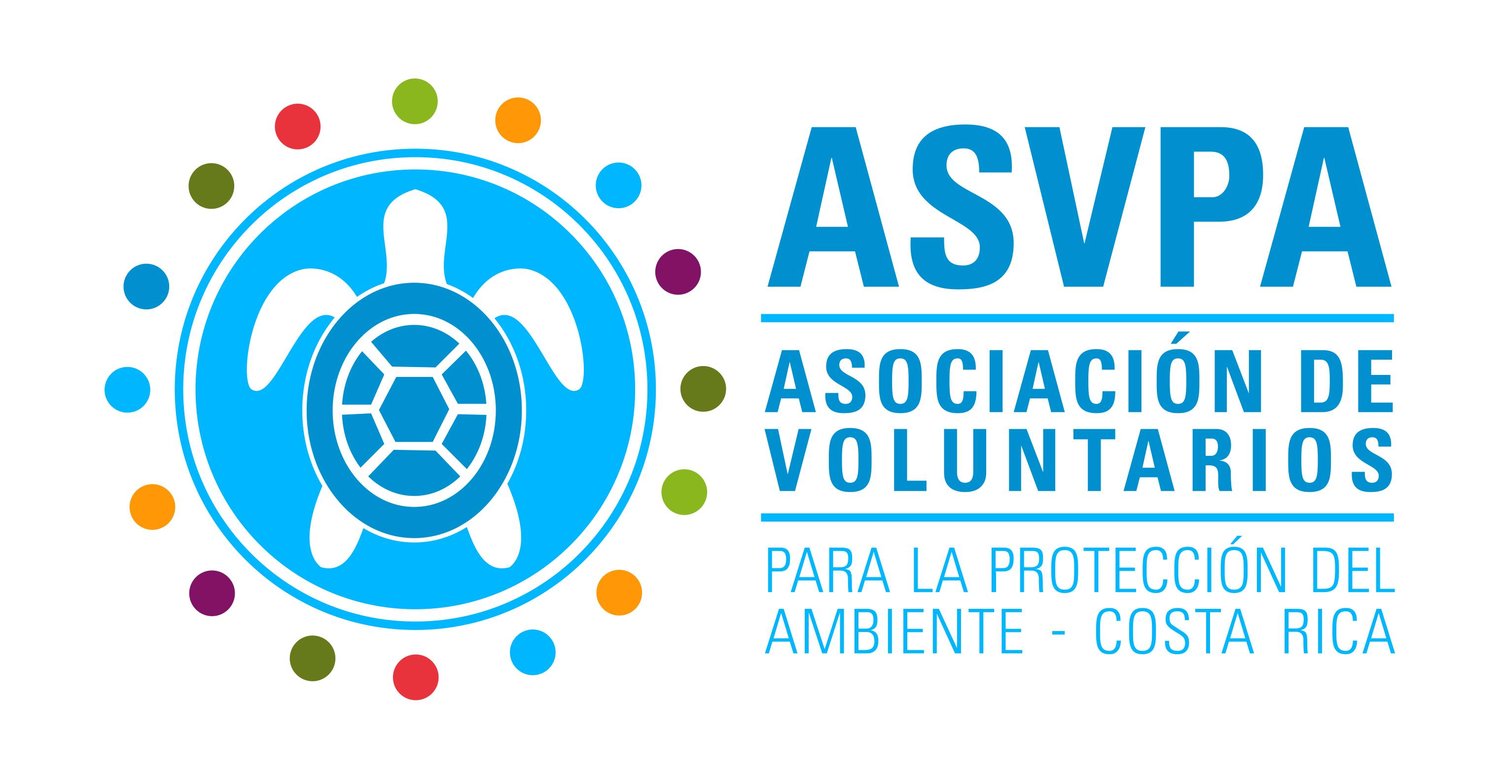What should you expect while staying at ASVPA?
Weather
You can expect a very hot and humid climate throughout the year in Costa Rica. The seasons are divided into the wet season and the dry season (from mid-November to April). The dry season is the peak tourist season, as it coincides with winter in the countries of the northern hemisphere. However, the rainy season is still a beautiful time to visit Costa Rica, as it usually only rains for a few hours each afternoon with plenty of sunshine.
To combat this, bring loose clothing, wear a hat, and remember to stay hydrated.
Language and currency
The official language of Costa Rica is Spanish. Although most young people speak some English, many places near our sites do not. Some staff members at each site speak English, so it is not necessary to speak Spanish to volunteer for ASVPA. We do, however, encourage you to learn some basic Spanish before you arrive.
The currency used in Costa Rica is the Costa Rican colon. The exchange rate fluctuates, but $ 1.00 USD is generally about 610 colones. Many restaurants and businesses in tourist areas accept US dollars.
What to bring
Sunscreen and sunglasses
Insect repellent (with DEET)
Mosquito net (there are some on site)
Open and closed-toed shoes
Rain clothes
Swimsuit
Red light (you cannot use white light around the turtles)
Towel (microfibre & beach towel)
Working clothes
Dark clothes for patrols
Activities for your free time (i.e. music, board games, cards, books)
FOOD
In our organization, we care about animals and the environment in general, but it is also our duty to support the local economy of the places where we work that is why we buy fruits, vegetables, eggs, milk, and cheese that are produced in the area and the diet of our turtle camps is 100% vegetarian because we faithfully believe that every action is important to build a better planet.
OUR NATURE NEEDS
VOLUNTEERS
But what is being a volunteer?
Voluntary refers to the subject who decides to provide a service or perform a job of his own free will, without being obliged to do so for legal, contractual, or economic reasons. In other words, a volunteer is a person who has the will to invest time and money to help a cause.
Therefore.
A volunteer does not go to a conservation project to complain. On the contrary, the volunteer is the person who looks for options and solutions in the face of adversity.
A volunteer does not go to a conservation project in search of comforts and luxuries. These things are found in his house, in his country. The volunteer rather seeks adventure, a simple and happy life.
A volunteer does not criticize the project but rather supports it to improve.

